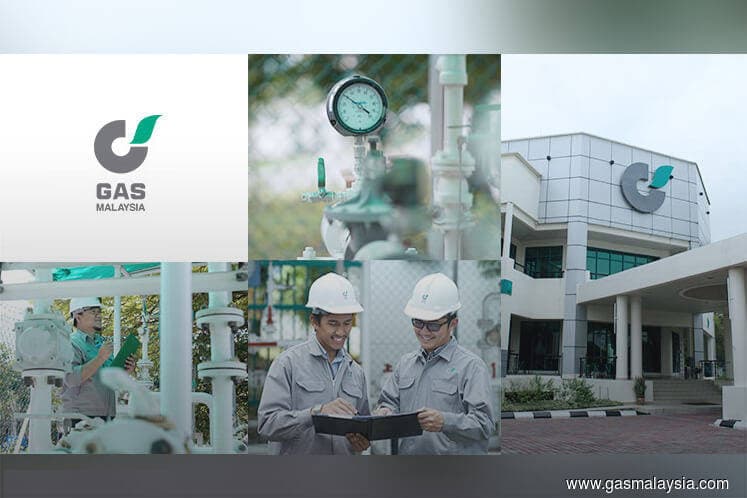
This article first appeared in The Edge Financial Daily on June 14, 2018
KUALA LUMPUR: The increase in natural gas base tariff to RM31.92/MMBtu from RM30.90/MMBtu from July 1 to Dec 31, 2018 is expected to have minimal impact, both on Gas Malaysia Bhd and the wider economy, say analysts.
Gas Malaysia announced yesterday that the government had approved the natural gas tariff hike, a 3.3% increase, via a letter from the Energy Commission dated June 12.
However, the surcharge of 77 sen/MMBtu under the gas cost pass through mechanism will result in an effective increase to RM32.69/MMBtu, Gas Malaysia said, making it an effective 5.79% increase in the tariff rate.
The biannual tariff hike was not unexpected. According to MIDF Research analyst Aaron Tan Wei Min, the current rate, translating roughly into US$8.20/MMBtu, is close to recent global prices of liquefied natural gas (LNG).
“There is nothing unusual about the rate hike as they are trying to adjust it to the market price,” he told The Edge Financial Daily.
Data published by Japan’s ministry of economy, trade and industry show the price of spot LNG imported into Japan declined to US$8.2/MMBtu in May this year from US$9.1/MMBtu in April.
According to the Malaysian Rubber Glove Manufacturers Association (Margma), while its members will certainly see some increase in costs, it is likely that they are able to pass these through to customers.
“As long as the rate is in resonance with the market and the increase is not astronomical, we will accept and pass through any additional cost,” Margma president Denis Low said in response to questions by The Edge Financial Daily.
Notably in December last year, the government approved a 22.9% hike in natural gas tariff from RM26.46/MMBtu to RM32.52/MMBtu, a move heavily criticised by energy-intensive industries.
“Margma applauds the government for its wisdom to minimise the increase to help stabilise our economy in these trying and challenging times. We need to stay competitive,” Low said yesterday.
Tan said it is likely that larger manufacturers such as glove makers and food and beverage (F&B) manufacturers will be better able to pass on costs, although residential consumers including eateries could feel a slight pinch.
“Technically, there should be inflation in prices, but manufacturers and middlemen such as wholesalers may not pass on the price increases,” Tan said.
As such, it is unclear what the full economic impact of the tariff hike may have on prices in general.
“The indirect impact [on prices] may be significant although the weightage of natural gas in the Consumer Price Index is not as high as fuel prices,” said an economist who declined to be named.
He pointed out for households, an increase in the use of electric stoves, for instance, could soften the impact of the higher natural gas price.
Any slowdown in demand from households and small businesses is unlikely to put a significant dent in Gas Malaysia’s earnings, however, as most of its volume is driven by large manufacturers which typically consume more than they agree to purchase, said Tan.
Annuar Rahman, analyst at BIMB Securities Research, told The Edge Financial Daily that while demand from F&B manufacturers could decline slightly, large manufacturers such as glove makers are unlikely to demand lower volumes of natural gas as they have international orders to fulfil.
Gas Malaysia said while the tariff revision has no material impact on its business operations, it is expected to contribute positively towards the financial position of the company for financial year ending Dec 31, 2018.
Its shares closed up four sen or 1.38% at RM2.94 yesterday, with a market capitalisation of RM3.75 billion.
Meanwhile, shares in Petronas Gas Bhd, another listed firm which processes and supplies natural gas, rose 46 sen or 2.61% to RM18.06, giving the group a market value of RM36.09 billion.